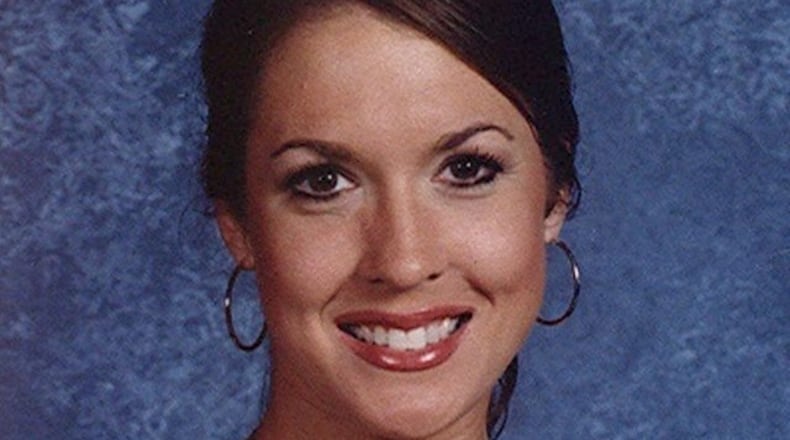Lawyers for a man charged with killing a South Georgia beauty queen are asking the Georgia Supreme Court to delay his trial in the 14-year-old case.
The murder trial in the case of Tara Grinstead is set to begin Monday. But in an emergency motion filed Tuesday Ryan Alexander Duke’s lawyers said they have been wrongly denied funding for expert witnesses needed to properly defend him.
“Everybody agrees he’s entitled to the experts but nobody wants to pay for them,” Ashleigh Merchant, one of Duke’s lawyers, said. Merchant and her husband, John Merchant, are representing Duke free of charge because he cannot afford an attorney.
Grinstead was reported missing in October 2005 when she failed to show up to teach history at Irwin County High School. Her disappearance made national headlines, but investigators said they had little to go on. No arrests were made until February 2017, when two former friends with similar names were linked to Grinstead's death: Ryan Duke and Bo Dukes.
Dukes was recently convicted at trial of making false statements, hindering the apprehension of a criminal and concealing a death. Duke is charged with her murder. The two allegedly disposed of Grinstead's body by burning it in a pecan farm.
In their emergency motion, the Merchants said they need funding for three experts to combat prosecution testimony: an expert to analyze findings from a proprietary computer program linking DNA on a latex glove found outside Grinstead’s home to Duke; an expert witness who specializes in false confessions; and an expert psychological witness to perform an evaluation of Duke.
In a March 14 ruling, Superior Court Judge Bill Reinhardt found that Duke is both indigent and has a right to be represented by the Merchants. Duke also demonstrated a “compelling” need for the experts in question, the judge said.
Credit: HYOSUB SHIN / AJC
Credit: HYOSUB SHIN / AJC
But because Duke elected to be represented pro bono by the Merchants, instead of by a state-funded public defender, he is not entitled to get state funds for experts, Reinhardt said. As a result, Duke faces “a choice between being represented by the Merchants without government-funded experts or by (the state indigent defense system) with those resources.”
In their motion, the Merchants told the state Supreme Court that finding is unconstitutional and will lead to “serious implications beyond this case.”
Because many public defenders in Georgia have unmanageable caseloads, lawyers volunteer their time to represent indigent criminal defendants, the motion said. This helps relieve overburdened defender offices and ensures those with scant resources receive a fair trial with adequate representation, the motion said.
But if indigent defendants like Duke are denied funding for experts, they face an untenable choice: “Either choose to be represented by a lawyer having sufficient time to properly defend their case or choose to be represented by an overworked attorney with little time to devote to their case.”
The need for the expert testimony is all the more important because of "the scant evidence that forms the basis of the prosecution of Mr. Duke," the motion said. For example, even though Duke allegedly confessed to the crimes to GBI investigators, he made those statements while under the influence of narcotics, the motion said.
The Merchants also asked the state high court to take the pretrial appeal in the interests of judicial economy, because if Duke is convicted he will raise the issue on appeal. “Given how critical the use of expert witnesses will be to the presentation of Mr. Duke’s defenses at trial,” the motion said, “any such conviction would likely be overturned.”
About the Author
The Latest
Featured




